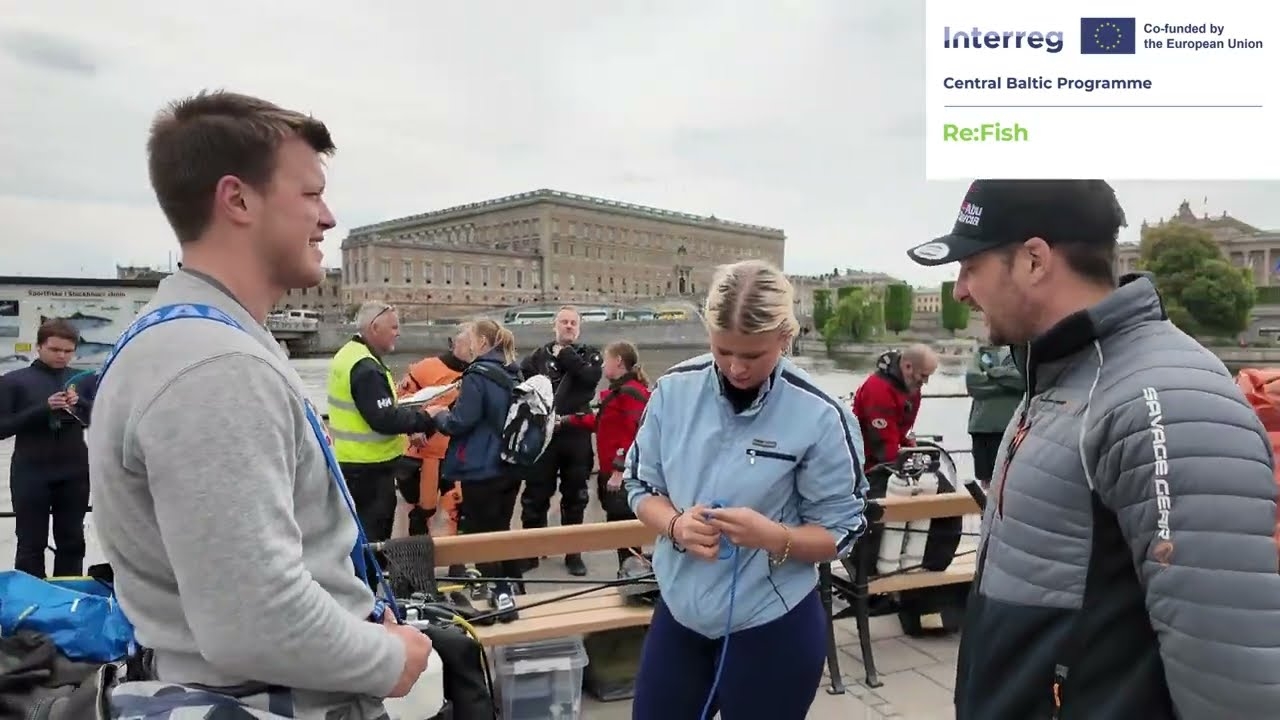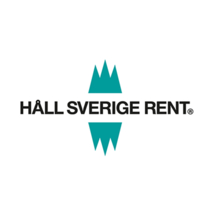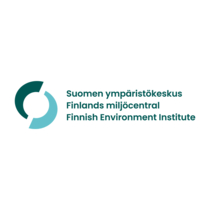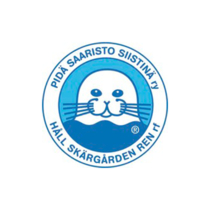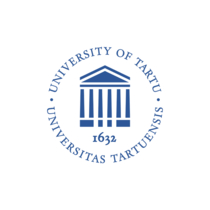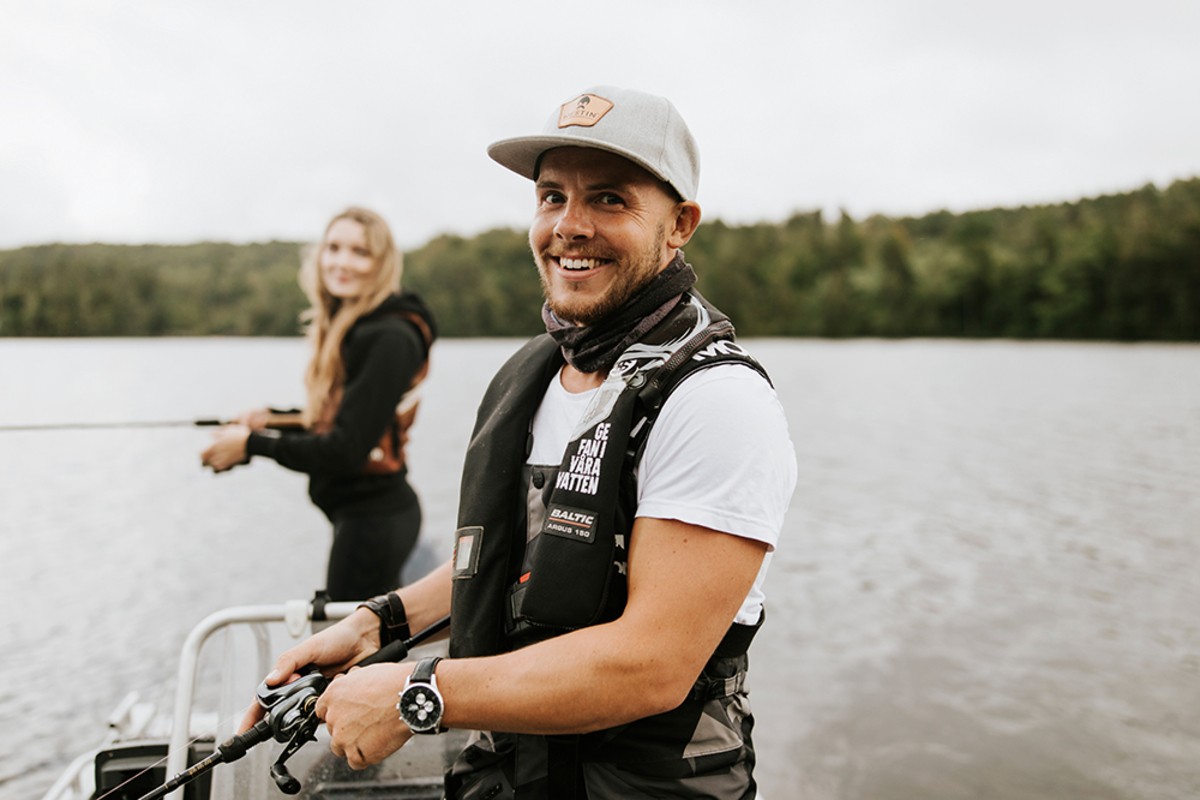
Re:Fish
Förlorade fiskeredskap finns i alla hav, sjöar och vattendrag där fritidsfiske bedrivs. De orsakar onödigt lidande för fiskar, fåglar och marina däggdjur.
I EU-projektet Re:Fish arbetar Håll Sverige Rent för ett renare och friskare Östersjöområde.
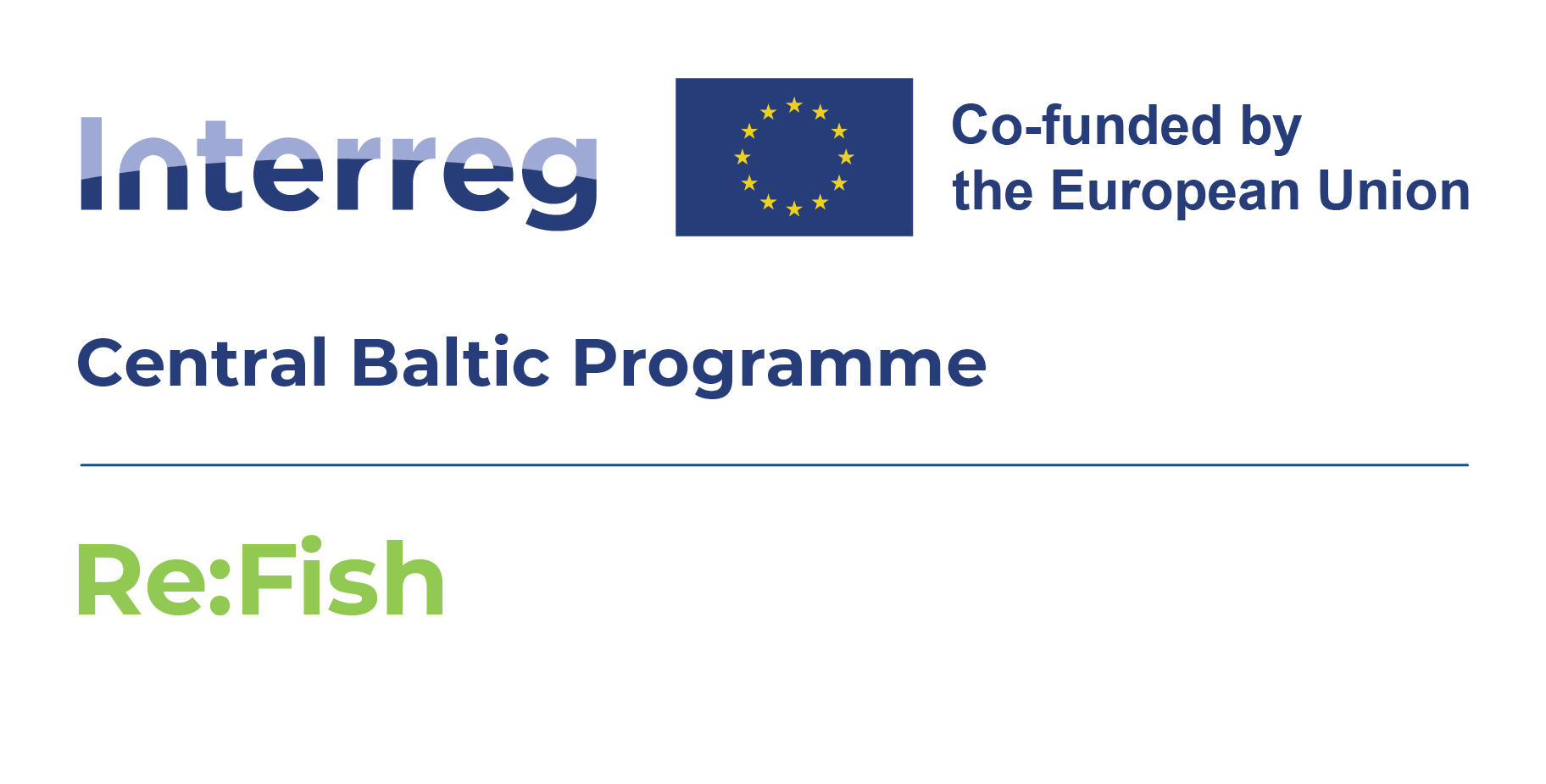
Projektperiod: Maj 2023 – Mars 2026
Finansierat av Interreg, Central Baltic Programme
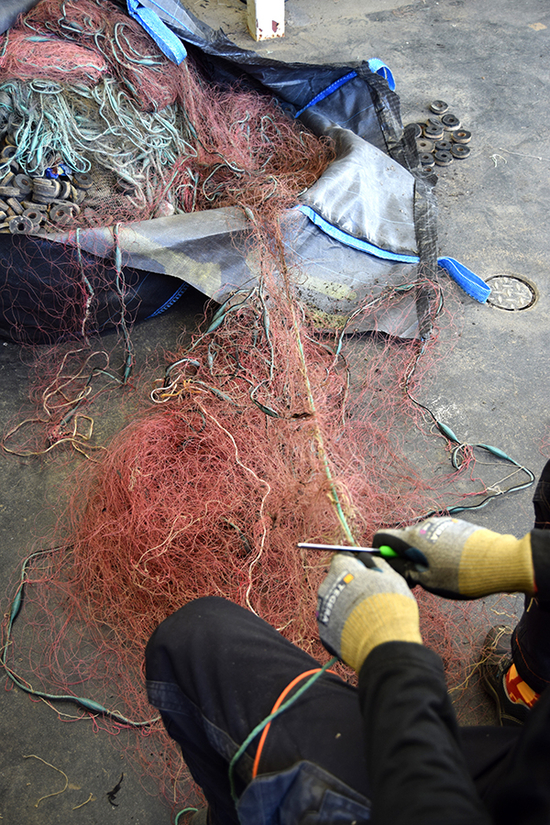
EU projektet Re.Fish tar upp problemet med plastföroreningar och spökfiske i centrala Östersjön, med början i Sverige, Finland och Estland som pilotområden.
Problemet
Förlorade fiskeredskap, inklusive fisketillbehör, finns i alla hav, sjöar och vattendrag där fritidsfiske bedrivs. Garn orsakar onödigt lidande för fiskar, fåglar och marina däggdjur. Dessutom bidrar dessa nät till förorening av både plast och farliga ämnen. Det är också ett vanligt problem att nät lämnas utomhus där de splittras och sprider mikroplast i miljön.
Resultat
Re:Fish kommer inte bara att ta bort plast från centrala Östersjön för förbättrad miljöhälsa, det kommer att aktivera relevanta aktörer (fritidsfiskare, producenter och återförsäljare, icke-statliga organisationer, universitet och myndigheter) för att genomföra förebyggande åtgärder och bättre övervakning av förlorade fritidsfiskeredskap i framtiden.
Projektet omfattar:
- Hämtningsoperationer
- Sanering
- Insamling av uttjänt utrustning
- Inhämtning av kunskap
- Tester med pantsystem
- Kampanjer för att öka medvetenheten
- Dialog med relevanta aktörer
- Förebyggande åtgärder
Skräpdyk vid Stockholm Ström
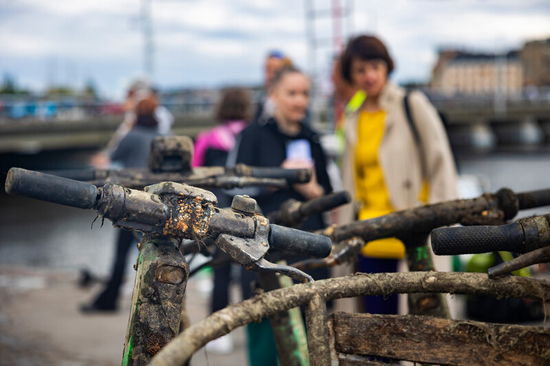
Den 8 juni 2025, på Internationella Världshavsdagen, arrangerade EU-projektet Re:Fish ett inspirerande evenemang vid Stockholm Ström – en populär fiskeplats. Fokus låg på en skräpdykning för att belysa problemen med marint avfall, särskilt förlorade fiskeredskap, och visa lösningar för skräpfritt fiske.
Initiativet, som genomfördes inom Interreg Central Baltic-programmet i samarbete med Sverige, Finland och Estland, betonade vikten av gränsöverskridande insatser för att skydda haven.
Vi städade upp:
- 22 st elsparkcyklar
- Några cyklar
- 170 kg däck
- 300 kg övrigt skräp
- Och en Darth Vader-mask
Stort tack till Hands2Ocean, Håll Skärgården Ren, Tartu universitet och Finska miljöinstitutet SYKE – samt alla dykare, volontärer och deltagare som gjorde detta möjligt.
Se video nedan 👇
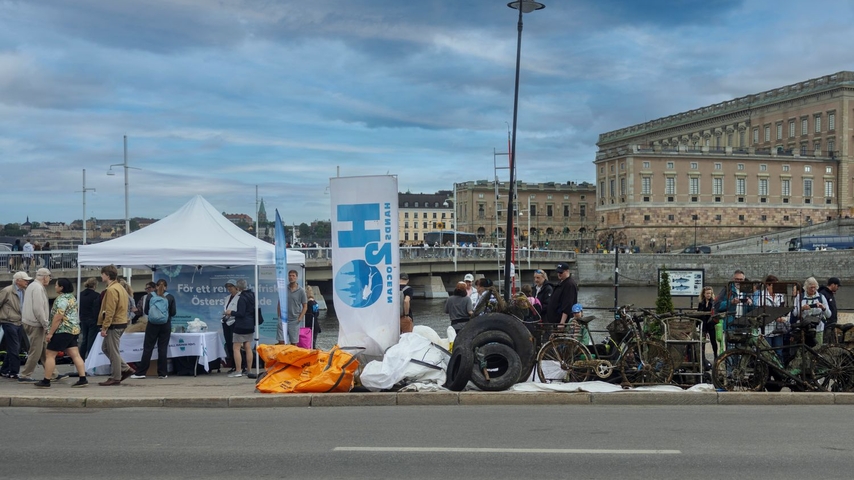
Vad du kan göra!
Ta ställning mot skräpet du också!
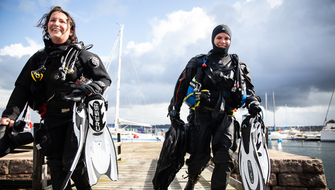
Gå med i Håll Sverige Rent, och visa att du är en del av Sveriges största rörelse mot skräp!
Lär dig mer om skräpfritt fiske
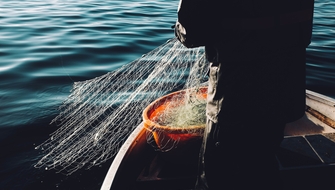
Lär dig mer hur du kan förebygga att fiskeredskap hamnar på fel ställe.
Tobias Fränstams bästa tips för ett skräpfritt fiske
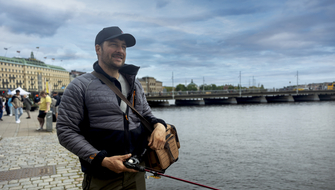
Ta del av fiskeinfluencern Tobias Fränstams bästa tips när det kommer till skräp och fiske!
Refish in English
Programme priority - Improved environment and resource use
Programme objective - Improved coastal and marine environment
Lead partner Keep Sweden Tidy Foundation
Project period: May 2023 – March 2026
The Re:Fish project addresses the problem of plastic pollution and ghost fishing in the Central Baltic Sea, starting with Sweden, Finland and Estonia as pilot areas. Lost fishing gear, including fishing accessories, are present in all seas, lakes and streams where recreational fishing is carried out. Gillnets cause unnecessary suffering to fish, birds, and marine mammals. Additionally, these nets contribute to pollution of both plastic and hazardous substances. It is also a common problem that nets are left outdoors where they fragment and spread microplastics in the environment.
The project will do retrieval operations, clean ups, collection of end-of-life gear, acquisition of knowledge by using citizen science, conduct tests with deposit systems and carry out awareness raising campaigns about the problems. Re:Fish will not only remove plastic of the central Baltic Sea for improved environmental health, it will activate relevant actors (recreational fishers, producers and retailers, NGOs, Universities, and authorities) to implement preventive actions and better monitoring of lost recreational fishing gear in the future.
